12th MAY
- 9.00-10-00
- Reception
- 10.00-10.30
- Official opening
Mrs. Pilar Aranda Ramírez (Rector of the University of Granada)
Sr. d. Víctor Cruz Cardona (General Direction of the Iberoamerican University Association of Postgraduate Studies)
Sr. d. Edgar Varela. Rector de la Universidad del Valle, UNIVALLE.
Mr. Manuel Torres Aguilar (Vice rector in Students and Communication of the International University of Andalucía)
Sra. dña. Inmaculada Marrero Rocha (Executive Secretariat of the Euroarabic Foundation of High Studies)
Sr. d. Matías Bedmar Moreno. Subdirector del Instituto de la Paz y los Conflictos de la Universidad de Granada. - 10.30-11.30
- Federico Mayor Zaragoza (Foundation of Peace Culture, Spain).
From strength to word: finally, peace on Earth. - 11.30-12.00
- Break
- 12.00-13.00
- Vicent Martínez Guzmán (University Jaume I of Castellon, Spain).
On imperfect peaces, justicies and loves. - 13.00-14.00
- Wolfgang Dietrich. University of Innsbruck (Austria)
Imperfect and transrational interpretations of peace(s). - 16.00-17.00
- Carlos José Herrera Jaramillo. Pontificia University Javeriana of Bogota (Colombia).
Usefulness of Imperfect Peace in intern armed conflict contexts: the case of negotiations and agreements in the Colombian government and FARC-EP and ELN. - 17.00-18.00
- Pierluigi Consorti. Centro Interdisciplinare Scienza della Pace (CISP). Università di Pisa (Italia).
Pace imperfetta, pace latina e Peace Studies. - 18.00-18.30
- Break
- 18.30h-20.30h
- Communications
13th MAY
- 10.00-11.00
- Manuel Torres Aguilar (University of Cordoba, Spain).
Pacific conflicts regulation on History of Law. - 11.00-12.00
- Margarita Sánchez Romero (University of Granada, Spain)
Archaeology of the praxis for an imperfect peace. - 12.00-12.30
- Break
- 12.30-13.30
- Antonio Duplá (University of the Basque Country, Spain)
Imperfect peace in the late republican Rome? Possibilities and limitations. - 16.00-17.00
- Borja Franco LLopis (National Distance Learning University, Spain).
Cover-up painting? Coexistence of Moriscos and Old cristians during the Modern Time and its visual representation from an imperfect peace. - 17.00-18.00
- Luis Martín (Universidad de Pau, Francia).
From pacifism to peace culture. A reflection from history. - 18.30-19.00
- Pere Ortega (Spanish Association of Peace Research, AIPAZ).
The noviolence in the Imperfect Democracy - 19.00. 20.30
- Comunications
14 MAY
- 9.30-10.30
- Fernando Martínez (University of Almeria, Spain).
Historical Memory in Spain and Imperfect Peace. - 10.30-11.30
- Heather Fryer, Creighton University. Peace History Society (USA).
Imperfect Peacemakers, Imperfect Peace: the Problematics of Assessing the Actions of a ‘Wartime Anthropologist’ and ‘Peacetime Activist’. - 11.30-12.00
- Break
- 12.00-13.00
-
Isabella S.C Scanderberg (Research Executive Agency. European Commission. AgCharivari-Communication for Peace)
Communication for Peace in armed conflicts and post conflicts
- 13.15 Official closure
- Concert by the Classic Orchestra from the Conservatory of Music “Ángel Barrios”.
Director: Inmaculada Ferro (Doctor in Musicology in the University of Granada and Titular Professor in the specialty of Orchestra in the Professional Conservatory of Granada, where nowadays works, also graduated as a Superior Professor of Organ in the Superior Conservatory of Music of Malaga)
- Academic Overture. Op.80 (Maestoso). J. Brahms (1833-1897)
- The magic Flute. K. 620 (Overtura). W.A. Mozart (1756-1791)
- 9th symphony (4th movement- selection). L.v. Beethoven (1770-1827)
Lecturers
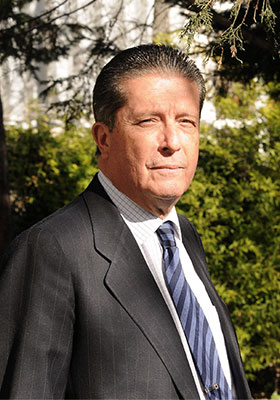
Federico Mayor Zaragoza is the President of the Foundation Peace Culture, President of the International Commission against Death Penalty and former General Director of UNESCO.
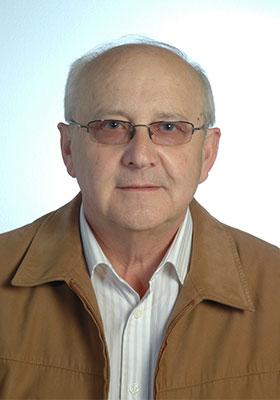
Vicent Martínez Guzmán. Honor Director of the Catedra in UNESCO for Philosophy for Peace in the Univeristy Jaume I. Foundation of the Master and Doctorate Program in International Studies of Peace, Conflicts and Development. Honor Investigator of the Institute of Social Development and Peace.
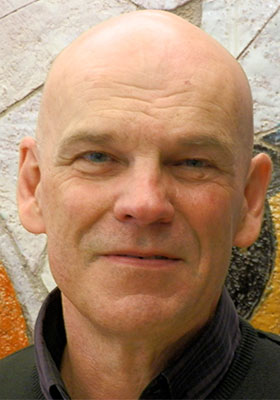
Wolfgang Dietrich, Professor of history, literature, law and political science is UNESCO Chairholder for Peace Studies and director of the MA program in peace, development, security and international conflict transformation at the University of Innsbruck. He is author of more than 200 academic writings about peace and conflict and visiting faculty at numerous universities all over the world.
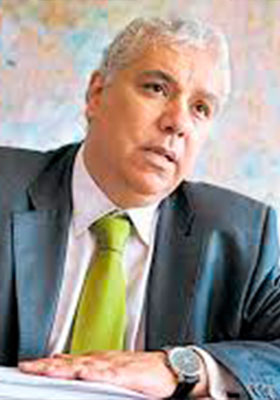
Carlos José Herrera Jaramillo. Economist, political scientist and doctor in Studies of Peace, Conflicts and Democracy. Member of various peace negotiating commissions of the Colombian government. University Professor in conflicts theory. Former secretary of education of Bogota and Director of the Area of Reconciliation in the Commission of Repairing and Reconciliation of Colombia. Nowadays assessor of the president of the republic in social dialogue and peace building.
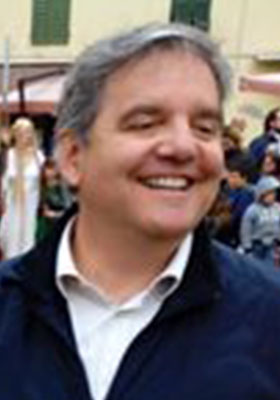
Pierluigi Consorti. Director of the Interdisciplinary Center "Sciences for Peace" and Professor of Law and Religion and Intercultural Law at the University of Pisa (Italy).

Isabella S.C. Scanderberg. Expert in Peace-building and the Culture of Peace - Research Executive Agency - European Commission. AgCharivari - Communication for Peace
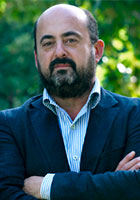
Manuel Torres Aguilar Professor of History of Law and Institutions in the University of Cordoba. His researching topics are History of Criminal Law, Public Administration, Indian Law, and conflictology, geopolitics and interculturality, as well as legal regimen during francoism.
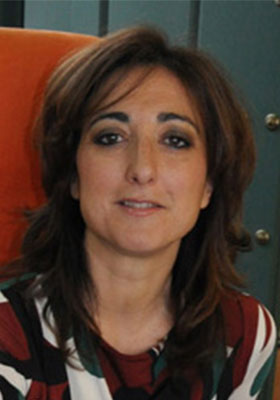
Margarita Sánchez Romero. Titular Professor in the Department of prehistory and archeology and member of the University Institute in Studies of Women and Gender in the University of Granada. Her main research topics are archeology of Women and gender relations, focusing her studies on the study of the body, the material culture and the maintenance activities, and archeology of childhood.
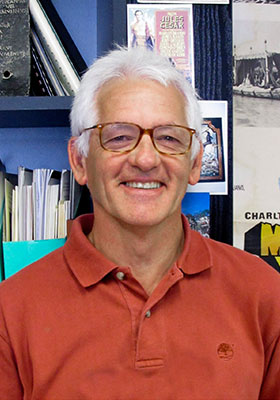
Antonio Duplá Ansuategui (Department of Classic Studies. University of the Basque Country Herriko Unibertsitatea). Specialist in the crisis of the Roman Republic and the reception of the classic world in the occidental modernity (modern historiography about the old world, relations between classism and fascism, the “roman cinema”). Together with Hans Beck, Martin Jehne and Fco Pina Polo he has co edited recently Consuls and Res Publica. Holding High Office in the Roman Republic, Cambridge University Press, 2011.
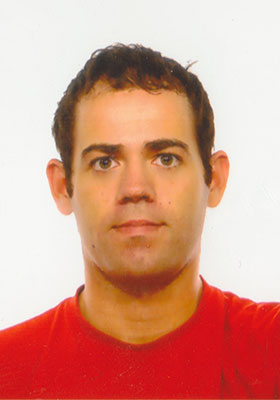
Borja Franco. Doctor in History of Art in the University of Barcelona, is now a researcher in the Ramon y Cajal program of the Ministry of Economy in the Distance Learning National University. His investigation has focused in the study of artistic uses in the assimilation of religious minorities in the Modern Times.
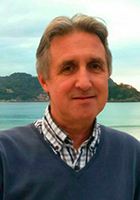
Luis Martín. Professor of Spanish Contemporary History and Civilization in the Université de Pau et des Pays de l’Adour (France). His research topics are focused on the relations between republicanism, freemasonry and civil society and pacifism and peace culture. He has published plenty of books and articles in outstanding editorials and magazines in Spain and France, such as Marcial Pons, Classiques Garnier, Armand Colin and Cahiers de la Méditerranée. Nowadays he coordinates the international project “La Republique en Méditerranée. Espaces, modèles et pratiques”, with the Università della Tuscia (Viterbo. Italie) and the University of Almeria.
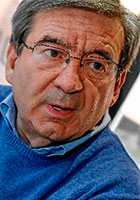
Fernando Martínez Professor of Contemporary History in the University of Almeria and specialist in the Borboun Restoration and the Spanish republicanism in the XIX and XX century.
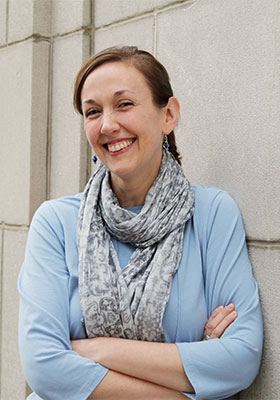
Heather Fryer is the Fr. Henry W. Casper, SJ Professor of History and Director of the American Studies Program at Creighton University, where she specializes in the social and cultural history of the American West in the twentieth century. She is the editor of the journal Peace and Change: A Journal of Peace Research.
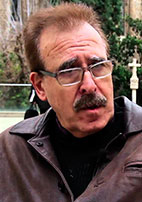
Pere Ortega Investigador y analista en pau y desarme. Profesor de Conflictología de la UOC (Universitat Oberta de Catalunya). Presidente del Centre Delàs d’Estudis per la Pau. Colaborador habitual en diversas revistas y diarios. Autor de diversos libros y estudios entre otros: El lobby de la industria militar en España, (2015) Icaria. La societat noviolenta (2012) Icaria; L’OTAN una amenaça global (2010) Icaria; Deconstruir la guerra, (2008) Generalitat de Catalunya; El militarismo en España, (2007) Icaria.
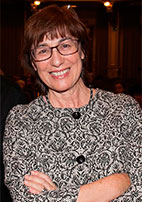
Carmen Magallón. Directora de la Fundación SIP, es Doctora en Físicas, habilitada para profesora Titular en el área de Artes y Humanidades y Vocal de la Junta Directiva de la Asociación Española de Investigación para la Paz (AIPAZ). Sus líneas de investigación son las relaciones entre género, ciencia y cultura de paz, en particular las contribuciones históricas de las mujeres.


 Program download
Program download